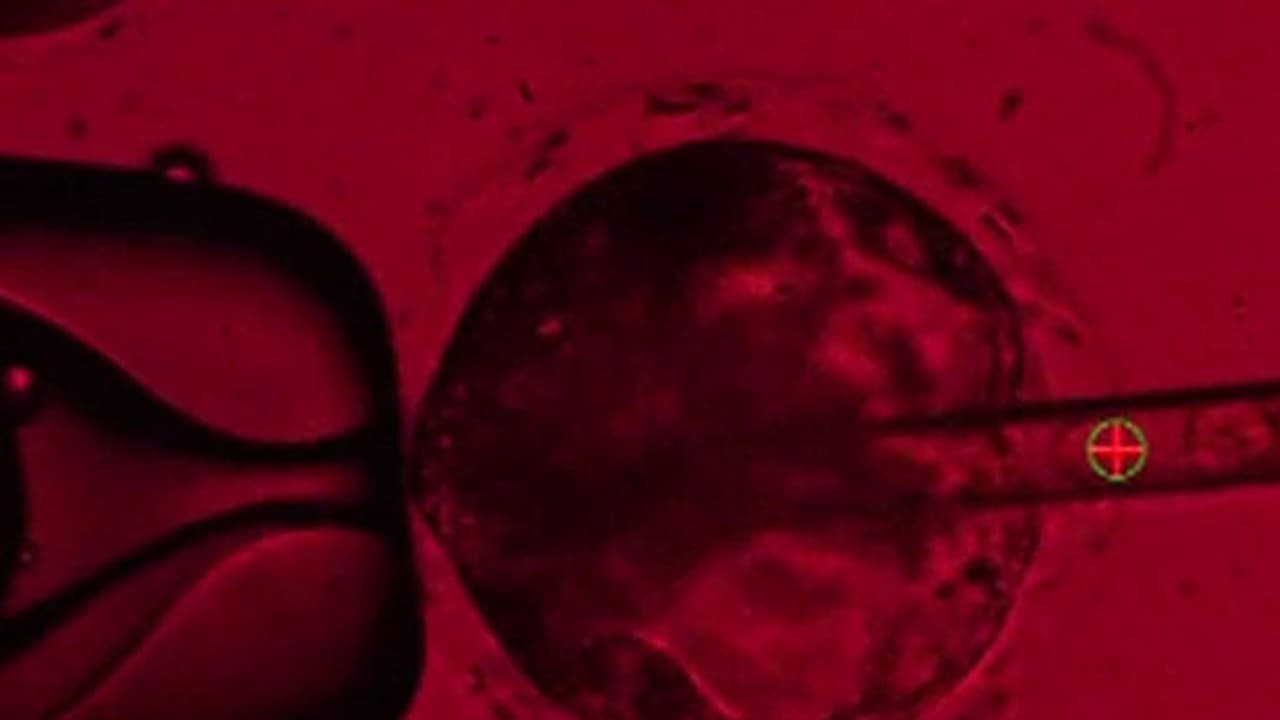It is reportedly said that these embryo-like structures are at the very earliest stages of human development. They, however, do not have a beating heart or a brain. But scientists say they could one day help advance the understanding of genetic diseases or the causes of miscarriages.
In a major development in the field of science and technology, a team of researchers in the United States and United Kingdom have said that they created the world's first synthetic human embryo-like structures from stem cells, bypassing the need for eggs and sperm.

It is reportedly said that these embryo-like structures are at the very earliest stages of human development. They, however, do not have a beating heart or a brain. But scientists say they could one day help advance the understanding of genetic diseases or the causes of miscarriages.
Many nations, including the US, do not have regulations governing the development or care of synthetic embryos. The study presents important legal and ethical issues. Experts in bioethics are concerned about the speed of research in this area and the sophistication of these models as they get closer to the brink of extinction.
In a statement, James Briscoe, associate research director at the Francis Crick Institute said, "Unlike human embryos arising from in vitro fertilization (IVF), where there is an established legal framework, there are currently no clear regulations governing stem cell derived models of human embryos. There is an urgent need for regulations to provide a framework for the creation and use of stem cell derived models of human embryos."
Pikachu flies into Delhi: Japanese envoy shares photo of Pokemon-themed Boeing 787 aircraft
On Wednesday, Dr. Magdalena Zernicka-Goetz described the work in a presentation to the International Society for Stem Cell Research's annual meeting in Boston. Zernicka-Goetz, a professor of biology and biological engineering at CalTech and the University of Cambridge, said the research has been accepted at a well-regarded scientific journal but has not been published.
Zernicka-Goetz and her team, along with a rival team in Israel, had previously described creating model embryo-like structures from mouse stem cells. Those "embryoids" showed the beginnings of a brain, heart and intestinal tract after about eight days of development.
According to Zernicka-Goetz, the embryo-like structures were developed from a single human embryonic stem cell that was encouraged to differentiate into three separate tissue layers. They consist of cells that would ordinarily grow into the embryo itself, the placenta, and the yolk sac.
